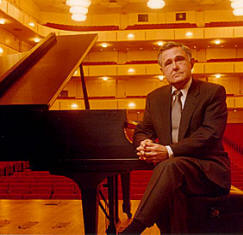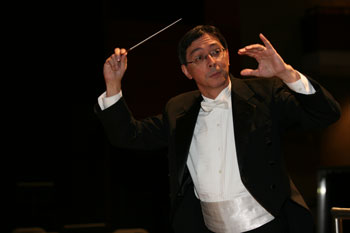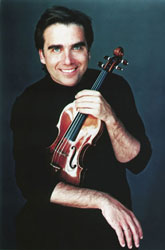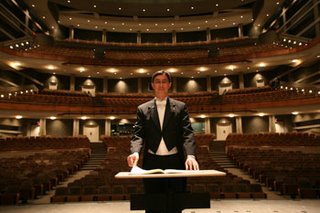Subject: Ideas for a New Montreal Cultural Event to replace the Grand Prix
Now that Montreal has been bumped from the Grand Prix circuit for 2009, the City of Montreal is looking for a high caliber summer event to draw tourists and put Montreal back on the international map.
La SCENA invites businesses, politicians and the arts community to propose a new summer event with an arts theme. What will our rallying call be?
---
Sujet : Solutions de remplacement culturelles au Grand Prix de Montréal
Puisqu’elle ne fera pas partie du circuit de la Formule Un en 2009, la Ville de Montréal est à la recherche d’idées d’événements de grande envergure pour la saison d’été afin de conserver à Montréal son rayonnement international et son attrait touristique.
LA SCENA invite gens d’affaires, politiciens et artistes à proposer des projets d’événements centrés sur les arts. Sous quelle bannière nous regrouperons-nous?
Envoyez vos suggestions à editor@scena.org ou redaction@scena.org
------
International Arts Festival - highlighting classical/opera music, theatre, dance, foreign films, paintings/sculptures, ...
Venue: Old Montreal and PDA area
Duration: 7 full days of spectacular highlights of the various arts disciplines
- Lilian Liganor
---
Bonjour,
Au lieu d'avoir, un casino, pourquoi pas un complexe multi salle de concert pour toutes sortes d'événements : concert de jazz, concert classique, salle pour un opéra, pour le Broadway, un autre pour de la musique contemporaine, un autre pour la musique électro-acoustique, un autre pour les chorales et encore pour des groupes populaires etc.
Le cirque du soleil aimerait probablement investir dans un tel endroit avec d'autres partenaires qui ont une pensée plus éthique et plus verte. Le cirque pourrait avoir un spectacle permanent et au lieu de passer à travers un casino pourquoi pas une salle avec des oeuvres d'art.
Il pourrait même y avoir des salles pour diffuser des films musicaux.
Il pourrait y avoir des concours(national et international) de tout genre et dans tous les styles musicaux.
Bien sûr, il faudra trouver un site pour une telle attraction ou bien en construire un.
Voilà
Richard Quinn
-----
It seems to me that Montréal is just as capable as Toronto of having an International Art Fair. Why not invite Art Basel to think of a venue in our fair city? Look what Art Basel has done for Miami.
Jacqueline Hébert Stoneberger
BEAUX-ARTS DES AMÉRIQUES
Collins, Lefebvre, Stoneberger
---
Is there anything that could be done with Le Cirque du Soleil? Maybe some kind of circus festival.
Marguerite Corriveau
Vanier College
---
Problem is we have too many “cultural” festivals right now.
I think everyone agrees on that point. So if we were smart, we would rethink, restructure and reorganize (dates, venues, etc.) what we have now. This should be done in the spirit of what is best for the city and its citizens, without any one festival (even Spectra /FIJM) throwing its weight about. They are all getting public funding and most of them are grabbing a slice of the other’s turf. Think of the confusion between the jazz fest and the different festivals of world music. Last year, the FIJM was more world than jazz. Where does that leave the others, who are getting public funding too.
We should use this unique moment to pause, rethink and reorganize.
The media should not create and feed an artificial sentiment of loss, a void that has to be filled quickly or else. Rushing in at full speed is the worst-case scenario. Think of the mess around Le Festival des films du monde.
My God! What a mess that was. It did hurt the cinema scene of Montreal too.
-- Jean-Pierre Sévigny
Labels: Festivals, Montreal







